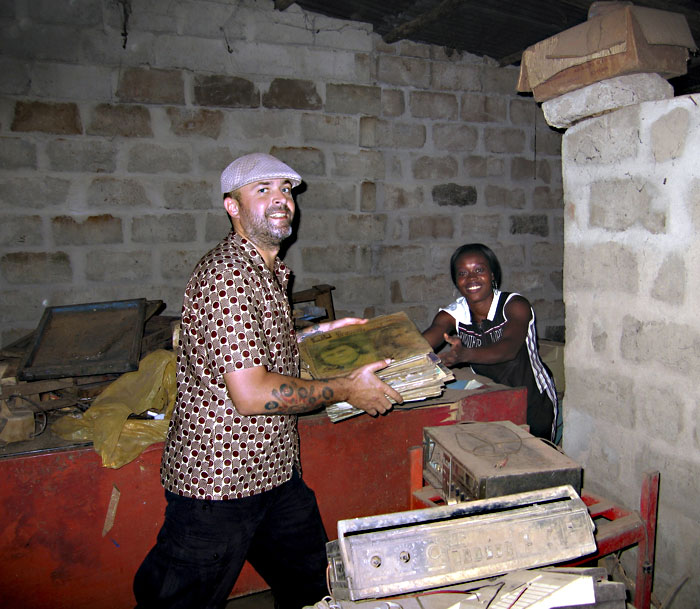What most memoirs lack is a sense of historical relevance, a description of the world outside of the writer’s head. In Sweet and Low, Rich Cohen connects much of Western civilization back to his own lineage, building an entire memoir out of historical context.
Cohen’s primary narrative relates how his grandfather, Ben Eisenstadt, invented the sugar packet and, during the 1950s, built a family fortune around the first artificial sweetener, Sweet’N Low. Cohen follows the company’s history as it rises in financial prominence, is bequeathed to his Uncle “Marvelous” Marvin, and is eventually corrupted by organized crime.
The book alternates between Cohen’s anecdotal retellings of his family’s experience and short history briefings on Brooklyn, Jewish Americans, sugar, and the food packaging industry. These vignettes date back to 1634 (when the Dutch colonized Brooklyn), the third century B.C. (when Philon the Byzantine sold an early version of the modern diet pill), and 8,000 B.C. (when sugar cane was first domesticated in New Guinea). Yet none of these entertainingly pop-historical tangents wanders too far from the Cohen saga.
In technical terms, Sweet and Low is not really a memoir—it deals mostly with events outside of the author’s experience. Yet, at the same time, Cohen’s constant opinions on his family’s problems (or his own neuroses) aren’t those of a historian. These interjections show both a reverence for ethnic heritage and a skepticism about some of those same received traditions and family myths. Of one Cohen patriarch, he writes, “Marvin says he was big, over six feet tall, and handsome as hell . . . but I bet he was small. I bet he was short and slight and not very good looking. . . . We Jews are a pretty small people.” Again, it’s not objective history but personal interpretation from the journalist (Vanity Fair, Rolling Stone) and author (Tough Jews).
Throughout, Cohen’s voice is casual, personal, and tuned-in, never pedantic. His tale of (multigenerational) family dysfunction is sympathetic and never sour.







